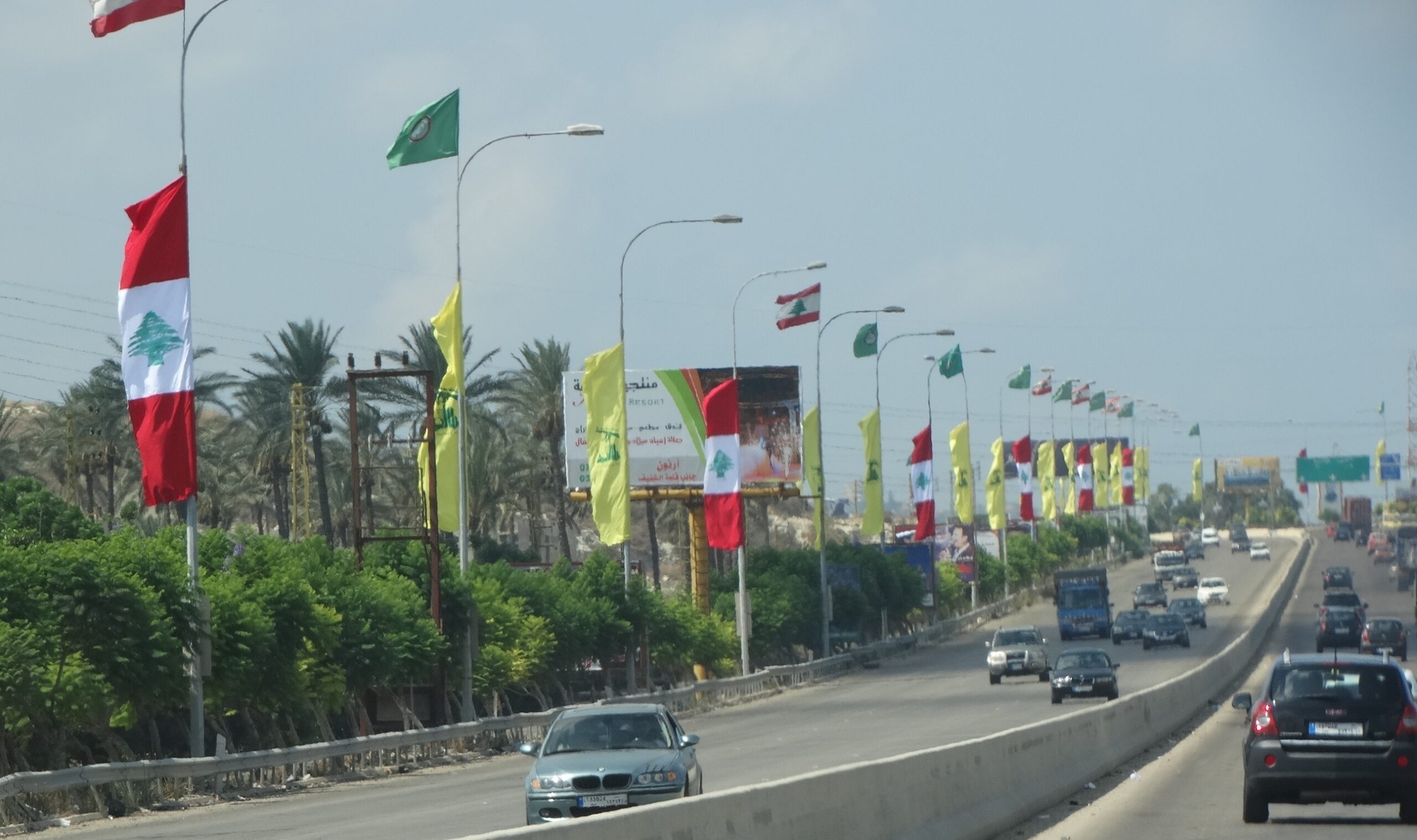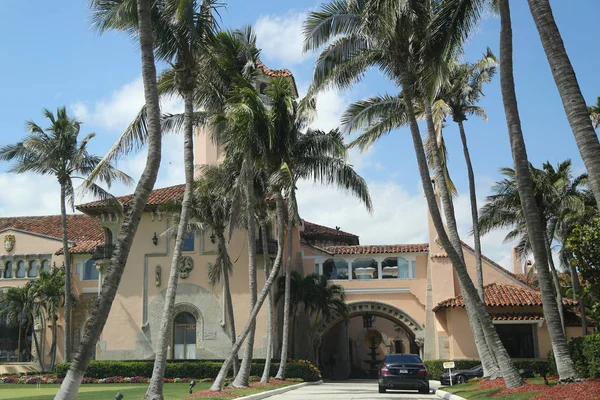Trump’s Opportunity in Lebanon
The dealmaker-in-chief has a chance to make a new, stable Middle Eastern combination.

As the United States’ President-elect Donald Trump gears up for his second term in office, there are indications that Lebanon may be a focal point of his Middle East policy. Trump has made more than one gesture to this effect, raising hopes that his return to the White House may end the suffering in the war-ravaged country. Prioritizing peace in Lebanon would serve American interests and be consistent with an America First foreign policy insofar as it could dramatically reduce tensions in the Middle East and especially with Iran. This would allow Trump 2.0 to focus on more pressing issues like competition with China. For such an endeavor to succeed, however, Trump would need to abandon Washington’s long-standing anti-Hezbollah Lebanon policy.
Prior to his electoral victory, the president-elect signed a written pledge to end the war in Lebanon, where Israeli military operations have claimed the lives of almost 3,500 people since last October. News of the statement surfaced after Trump’s visit to a Lebanese restaurant in Michigan, home to America’s largest Lebanese community, which went on to vote overwhelmingly for the Republican candidate.
In another sign of how Lebanon may be given special attention in Trump 2.0, the president-elect granted an exclusive interview to the Lebanese MTV channel in the final weeks before the elections, promising that things would turn out well for the people of the country under his watch.
Trump attaching a special importance to Lebanon would be consistent with his family-influenced foreign policy approach in the Middle East. His elder son-in-law Jared Kushner played an outsized role in the Abraham Accords during Trump 1.0, by which the U.S. successfully brokered the normalization of ties between Israel and several Arab states.
Kushner belongs to an Orthodox Jewish family that has long-standing ties with Israeli premier Benjamin Netanyahu. His father, Charles Kushner, is also known for being a donor to pro-Israeli initiatives.
Given Kushner’s influence in shaping Trump’s Middle East policy during his first term, it would not be all that surprising if a similar dynamic were to play out in the president-elect’s second term, only this time with his new son-in-law Michael Boulos, who has been married to Trump’s second daughter Tiffany since 2022.
Boulos hails from a Lebanese Christian family that is said to have connections with prominent Lebanese political figures like Suleiman Frangieh, a close ally of Hezbollah and the Shiite movement’s preferred candidate for Lebanon’s presidency, which has been vacant for over two years.
There are already signs that the Boulos family may be heavily involved in Trump 2.0 Middle East policy. Boulos’s father, Massad, worked as Trump’s campaign advisor to court the Arab-American vote; he has been rumored as a possible replacement for Amos Hochstein, the Biden administration’s point man for Lebanon. The elder Boulos has also recently held meetings with Lebanese cabinet ministers and lawmakers.
Securing a ceasefire in Lebanon could no doubt go a long way towards achieving wider regional stability. (Trump has reportedly greenlit a ceasefire proposal between Lebanon and Israel, although, according to Lebanese media, sticking points remain.)
Despite its tiny size, Lebanon is known for reflecting the broader power dynamics of the Middle East. More importantly, an end to the war in Lebanon could be pivotal to reaching a new agreement with Iran, something Trump has openly declared he wishes to pursue.
This, however, would require the abandonment of the anti-Hezbollah policy that has dominated the American approach towards Lebanon for decades, even if the war were to end. Events that took place in the aftermath of Israel’s assassination of Hezbollah’s former leader, Hassan Nasrallah, in late September speak to the importance Iran attaches to Lebanon and its special relationship with the Lebanese Shiite movement.
Just days after Nasrallah’s death, Iran launched a large-scale missile attack on Israel, which was considerably heavier-handed than a previous attack it had carried out in April. This was followed by a rare public speech by the Supreme Leader Ali Khamenei in commemoration of Nasrallah.
Given how Hezbollah represents a vital national interest for Iran, a reduced focus on undermining the Lebanese Shiite movement could be an important confidence-building measure that may help Trump bring Tehran to the negotiating table to discuss a nuclear deal and possibly even a wider regional understanding. Pursuing such an approach is almost certain to have a better chance at success than the maximum-pressure campaign waged during Trump 1.0. Despite the severity of the sanctions applied in that campaign, Iran’s nuclear program continued to develop and Tehran proceeded to enhance its ties with the Eastern bloc led by China and Russia.
The biggest challenge to such a scenario playing out is the special relationship between the United States and Israel. As is the case with Washington’s broader Middle East policy, it is this special relationship that has long shaped America’s strategy towards Lebanon. It is also the case, however, that this has often been to the detriment of American interests, and Lebanon is no exception. In fact, U.S. support for Israeli objectives in Lebanon has come at a particularly bloody cost, having been identified as the cause behind the Marine Barracks attacks in Beirut that killed 220 American servicemen.
Most importantly, the weakening of Hezbollah does not necessarily serve U.S. interests. With the shale revolution significantly reducing the importance of the Middle East as an oil supplier, the remaining core American interest in this region is preventing the establishment of terrorist safe havens that could be used to plot attacks on American assets and/or the homeland. Not only does Hezbollah not have a history of conducting such operations (the Marine barracks attacks happened before it existed as an organization, and the Marines were seen as active participants in the Lebanese war at the time), but it has actively fought against groups that constitute a real terrorist threat to the United States.
In Syria, the Lebanese Shiite movement was instrumental in the degradation of Salafi-Jihadi groups like the Al Qaeda-affiliated Nusra Front and ISIS. The Lebanese Shiite movement’s role in fighting these groups was fundamental in preventing them from establishing a foothold in Lebanon, one of the countries on which the Salafi-Jihadis had set their sights.
Given these dynamics, there exists a strong case for Trump to adjust American policy regarding Lebanon. Making such an adjustment would be consistent with the America First foreign policy the president-elect has advocated, as opposed to the “Israel First” policy which has been the dominant feature of Washington’s approach to the region for decades. Some of the choices for senior positions in the upcoming administration—like Marco Rubio for Secretary of State and Mike Waltz for National Advisor—do not bode well in this regard. Nevertheless, as observers have pointed out, it is likely that Trump and not his aides will be running the show this time.
The post Trump’s Opportunity in Lebanon appeared first on The American Conservative.

